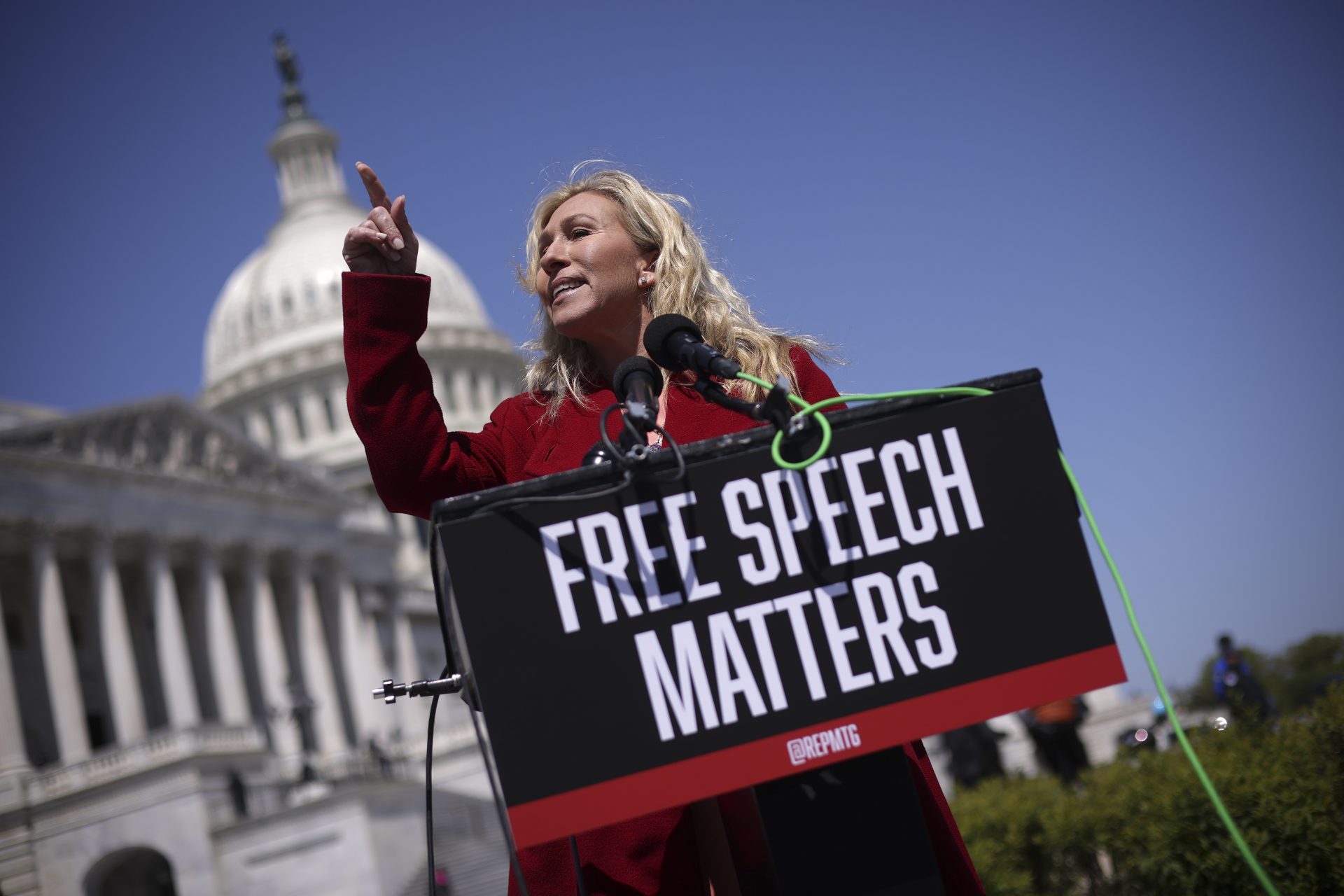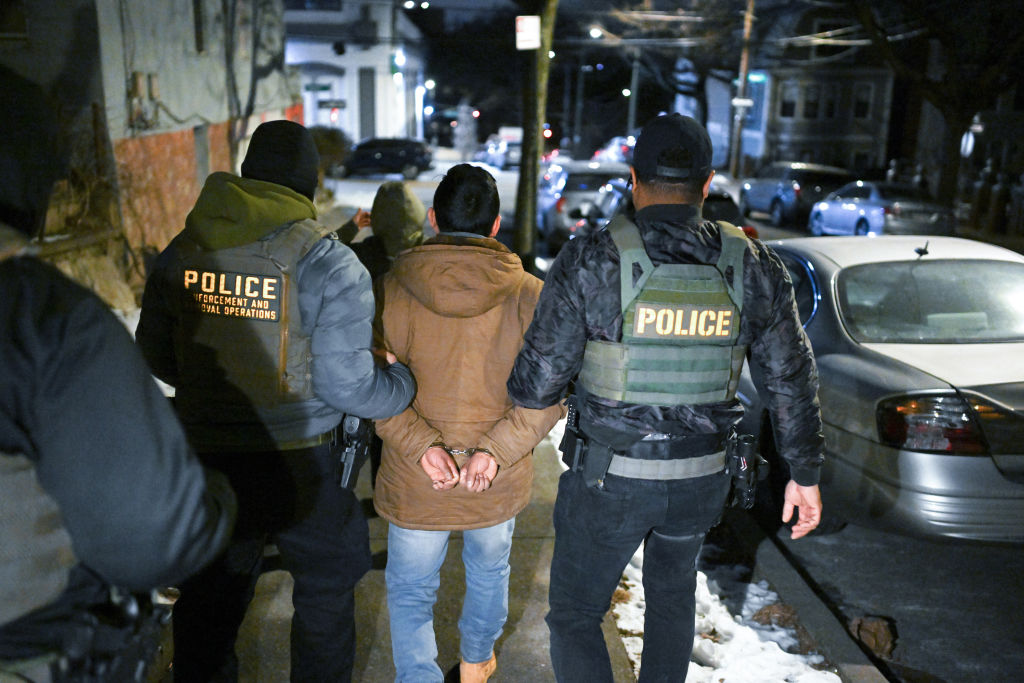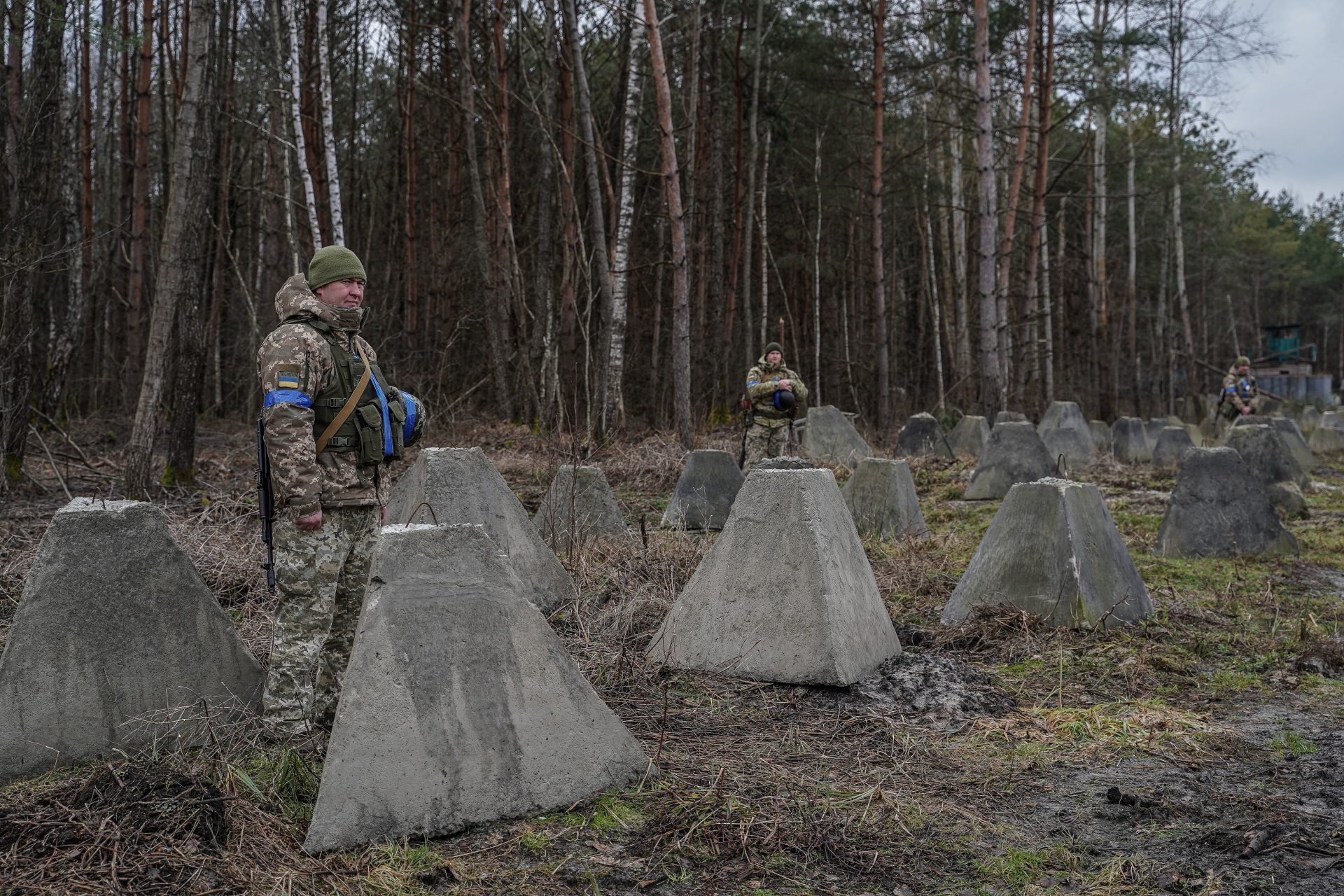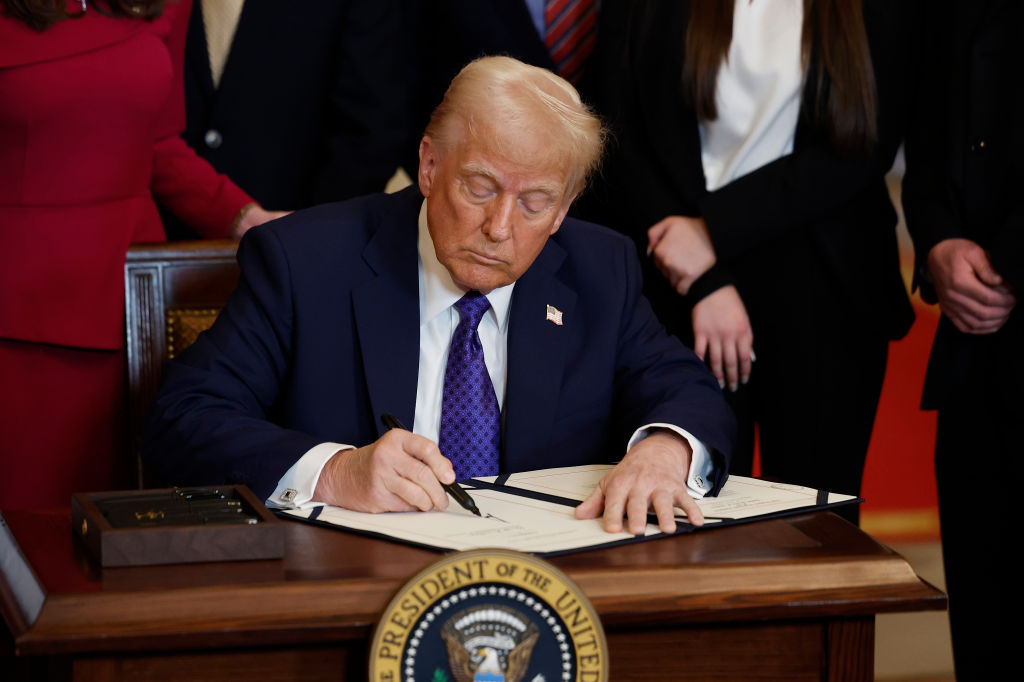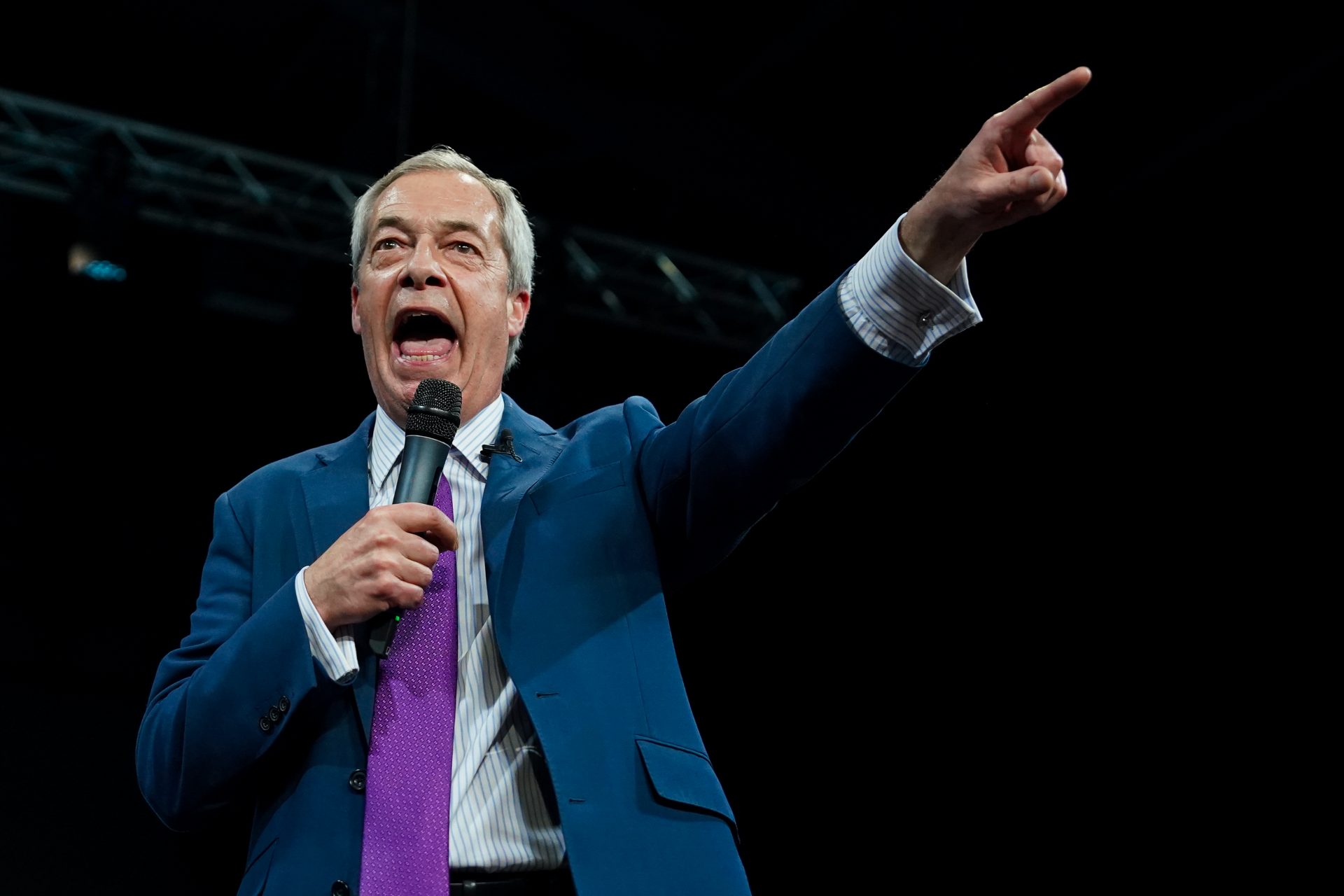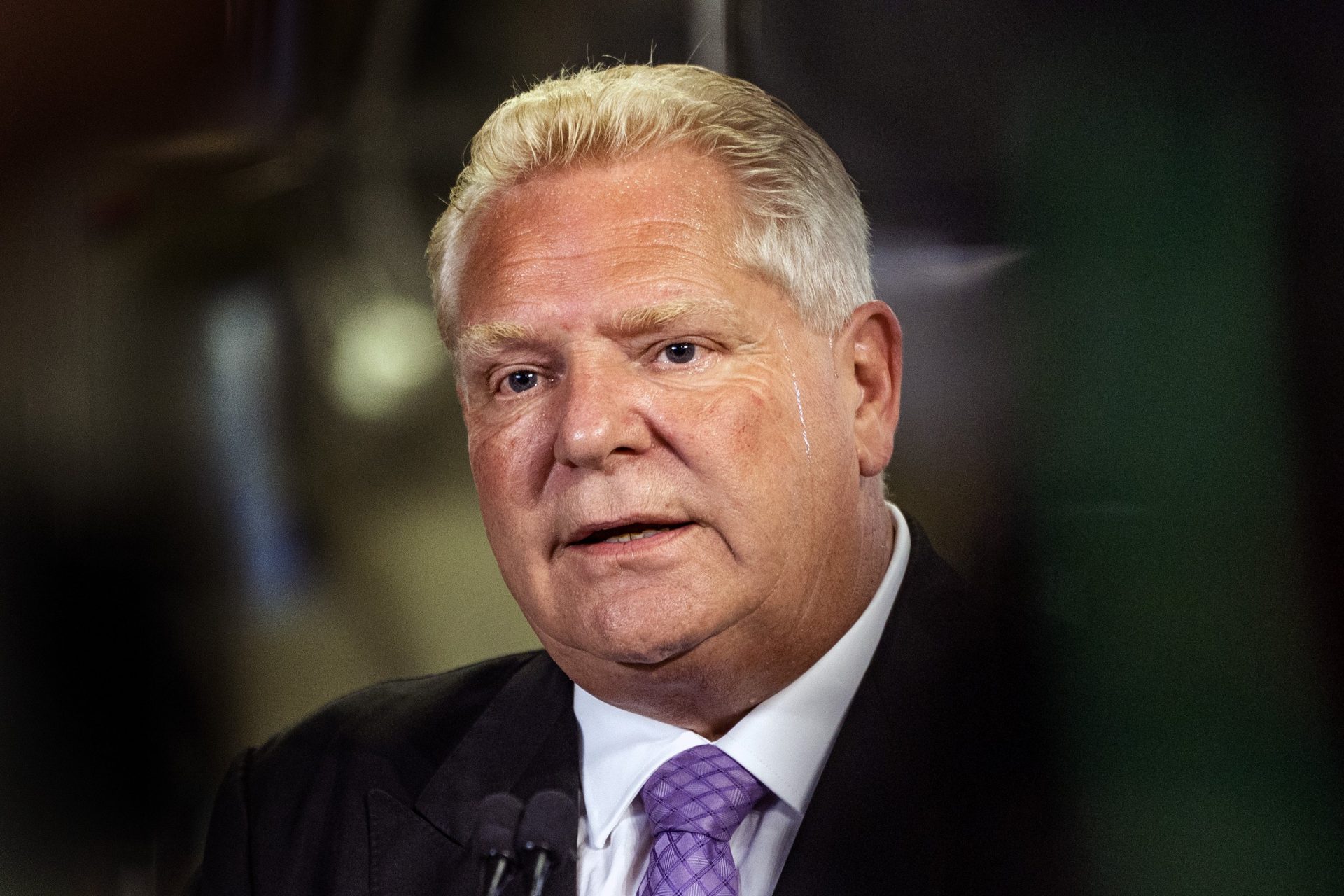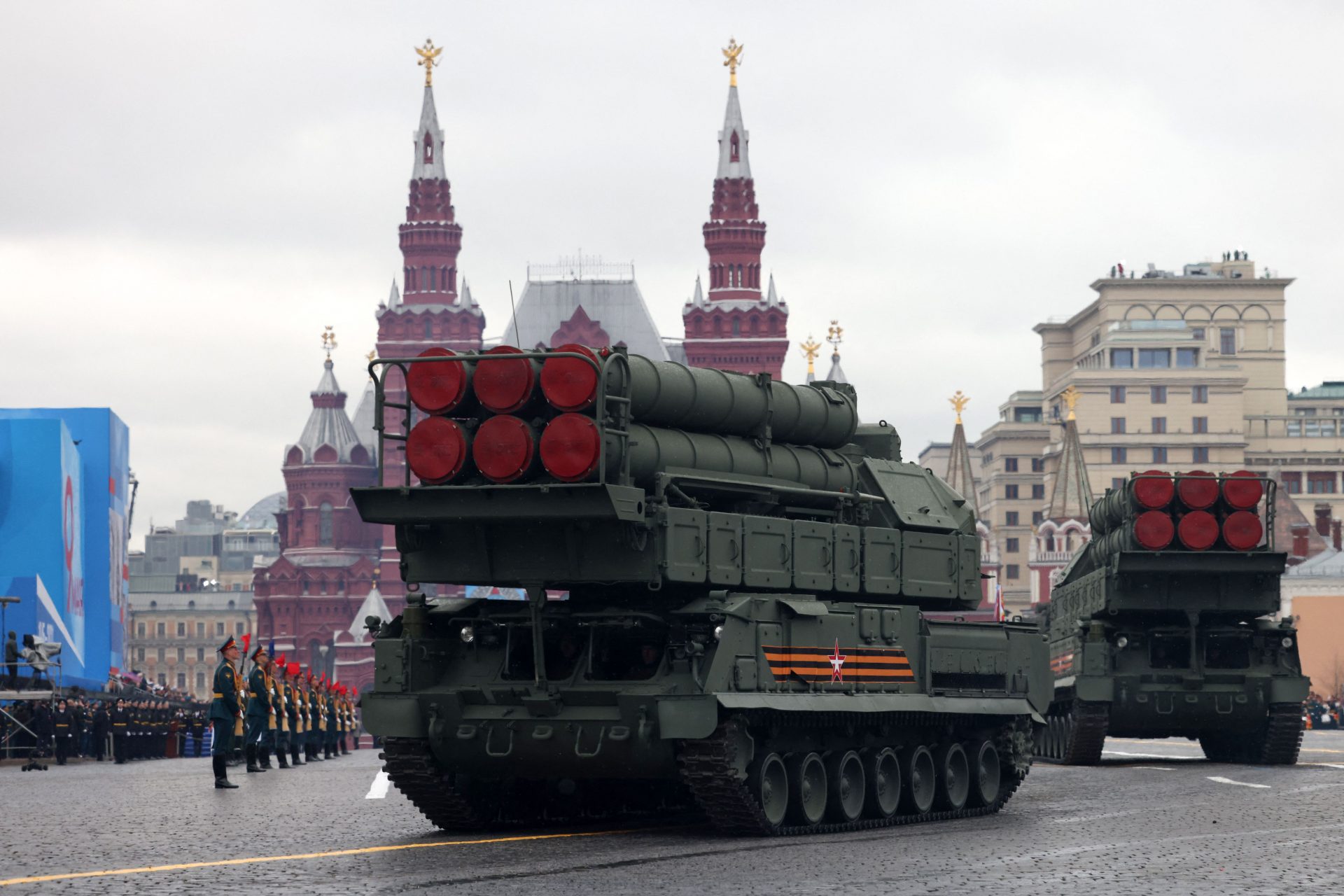Wagner uprising reveals real cracks in Putin’s authority
The quick rise and fall of Yevgeny Prigozhin’s mutiny against the political establishment in Moscow captivated the world’s attention but few realized the true cost of the saga for Vladimir Putin—the rebellion revealed the cracks in the Russian President’s regime.
If you haven't been following the specifics of the situation then you should know that the violence which broke out between Wagner and Russia’s military leaders had long been brewing with tensions between Prigozhin and defense officials heating up for months.
Prigozhin openly accused Russia’s Ministry of Defense of withholding vital ammunition during the mercenary chief’s battle for Bakhmut, directly calling out Russian Minister of Defense Sergei Shoigu and the country’s Chief of the General Staff Valery Gerasimov.
One example of the heavy criticism Prigozhin launched at Shoigu and Gerasimov came at the height of the battle for Bakhmut when the mercenary captain took to social media to make an enraged plea for more ammunition while showing off dead Wagner soldiers.
"Shoigu, Gerasimov—where is the F-ing ammunition?” Prigozhin questioned in a May 5th message according to a Ruters translation. “Look at them (the dead mercenaries) you b****es… "These are someone's F-ing fathers, someone's sons,” Prigozhin said.
On June 23rd, tensions boiled over when the Ministry of Defense allegedly fired missiles at a Wagner compound, killing 2000 soldiers according to a statement Prigozhin posted to his Telegram channel in a series of audio messages reported on by NBC News.
“Those who destroyed our lads, who destroyed the lives of many tens of thousands of Russian soldiers, will be punished. I ask that no one offer resistance,” Prigozhin said.
From then the race to Moscow was on and the Wagner Group took control of two major Russian cities, Putin was forced to make a public address that labeled the Wagner chief a traitor, and Prigozhin found his forces 125 miles outside of Moscow within 48 hours.
Prigozhin later made a deal with Putin to call off his mutiny according to the Associated Press, a deal which was brokered by Belarusian President Alexander Lukashenko and saw Prigozhin given safe passage to Belarus and amnesty for all Wagner fighters who took part in the rebellion.
However, even though the Wagner rebellion quickly ended, the damage to Russia and Putin’s regime was still done. Not only did Wagner reveal that it was easy to advance with few units opposing them, but they also confirmed a deeper problem for Moscow.
“What Prigozhin called the March for Justice is likely to be remembered not so much for the actual military operation as for what it revealed about Russia,” wrote Politico’s Leon Aron.
“Like a powerful searchlight, the 48-hour rebellion illuminated the murky innards of the Putin regime including the military’s divided allegiances, the seeming hollowness of the people’s support for the regime and, by extension, the regime’s shaky legitimacy,” Aron added.
But it hasn’t just been armchair generals and political analysts taking note of what the Wagner Group’s mutiny cost Putin. America’s top diplomat, Secretary of State Antony Blinken, said the situation offered real insight into just how weak Putin has become.
Blinken spoke with Margaret Brennan from Face the Nation on June 25th and explained the story likely wasn’t over and that the United States was watching the situation closely while telling the CBS News host that the events should be put in their proper context.
“Sixteen months ago, Russian forces were on the doorstep of Kyiv in Ukraine, thinking they'd take the city in a matter of days, thinking they would erase Ukraine from the map as an independent country,” the Secretary of State explained.
“Now over this weekend,” Blinken continued, “they've had to defend Moscow, Russia's capital, against mercenaries of Putin's own making,” adding that the incident “raised profound questions about the very premises for Russia's aggression against Ukraine.”
Blinken noted that the mutiny was a challenge to Putin’s authority, saying it showed real cracks and pointed out nobody knew where the new realities would lead but said Putin would have a lot to answer for in the coming weeks and months.
How the situation will unfold could take any form. But we do know Prigozhin’s rebellion only worked to weaken Russia and strengthen Ukraine. Wagner was one of Putin’s few capable fighting forces and it seems the whole group may cease to exist soon.
More for you
Top Stories





















